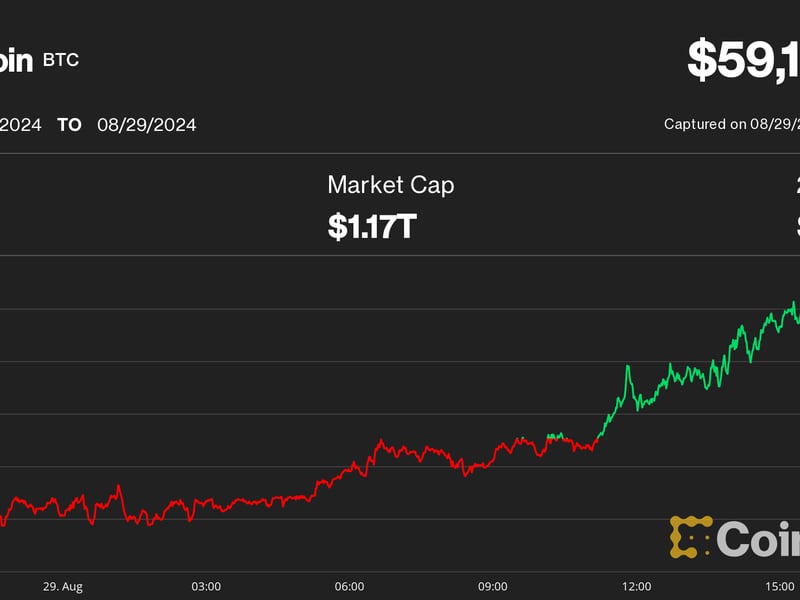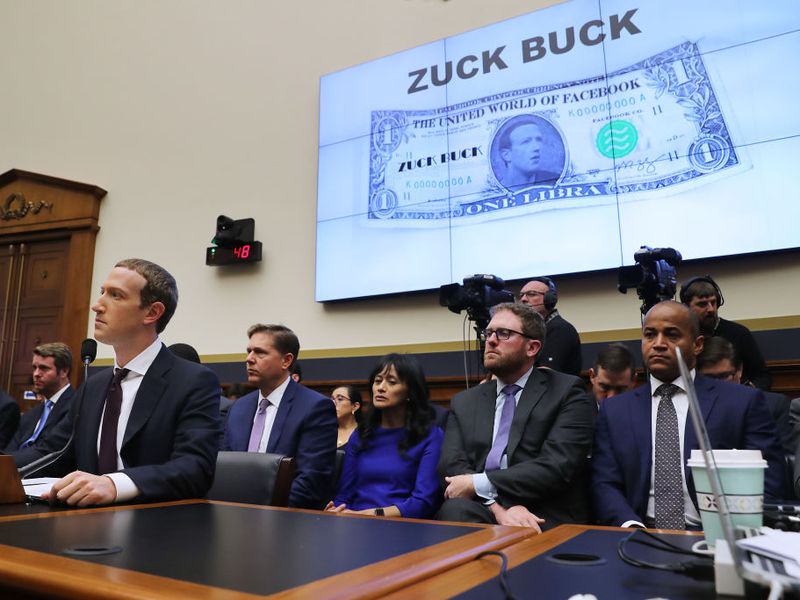Crypto Storage Firm Censo Offers Institutions Mobile Phone-Enabled Self Custody
Censo, a cryptocurrency safekeeping firm, has emerged from stealth mode with a mobile-phone based self-custody offering for institutions and smaller organizations that it says is easier to use and less expensive than existing technologies.
The company’s open source “decentralized key management” approach does away with the complex and expensive trappings of multiparty computation (MPC), a key-sharding technology popular in the institutional crypto custody arena.
“If you’re an organization requiring key management, you tend to go to a third-party MPC service provider – Fireblocks, Copper etc – which is centralized, usually closed source, often very expensive, and it’s sort of cumbersome in to interact with,” CEO Andrew Lawrence said in an interview with CoinDesk.
Institution-grade custody for digital assets has traditionally been costly and not straightforward, employing new technologies like MPC that require specialized hardware and software. That’s spurred the emergence of a crop of safe-keeping solutions espousing open, accessible and cheaper approaches.
The Censo model is to use the secure hardware enclaves present in today’s mobile devices, together with their biometric gating, to tightly bind cryptographic keys to real-world agents, according to the firm’s white paper.
“It makes a very compelling case as an alternative to MPC for organizations who want truly decentralized key management and self custody,” said Brett Falk, a research assistant professor at the University of Pennsylvania in a statement.
Censo’s technology could employed in any situation where at least two signers need to be coordinated, Lawrence said, from hedge funds and market makers to Web3 firms and decentralized autonomous organizations (DAOs)
“The ability to do key management with phones allows organizations to control the key material and empower individuals to be signers without the signers themselves ever being able to have access to unencrypted versions of full pieces of private material,” Lawrence said. “Nonetheless, it’s totally self custody.”
Edited by Sheldon Reback.









